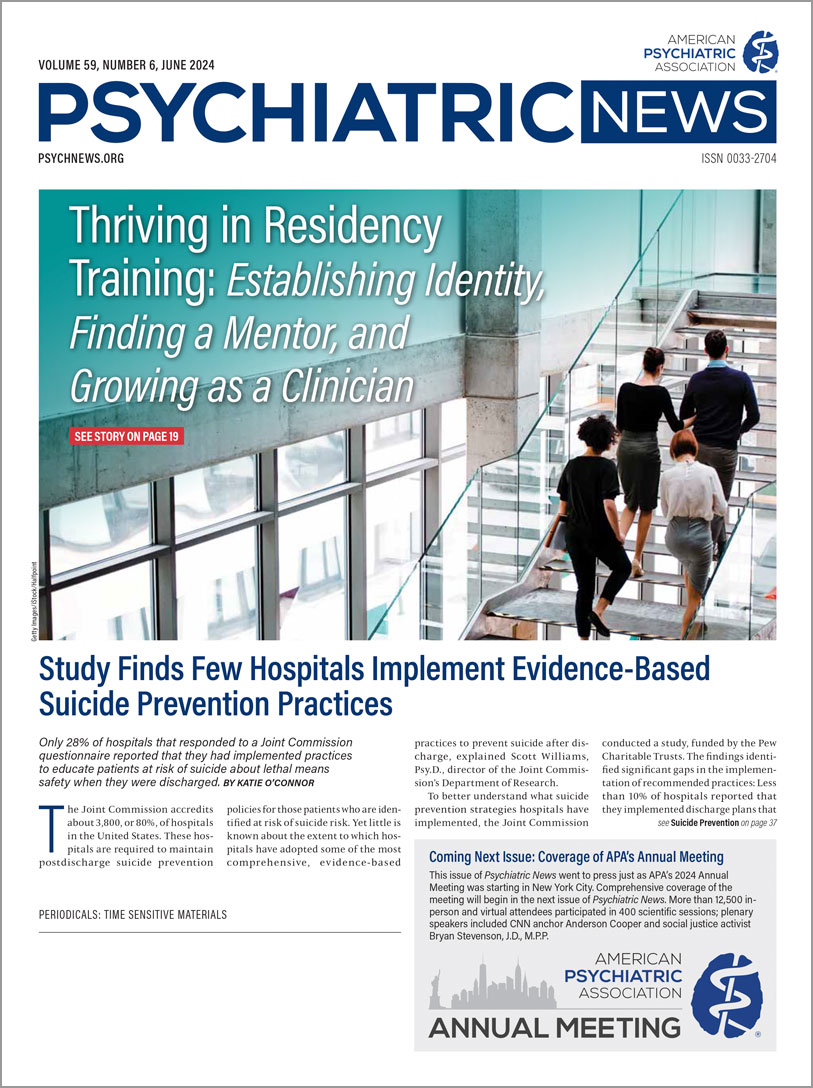The journey of motherhood is profoundly emotional, enriching, and challenging. It’s a path that weaves through a vast spectrum of feelings and experiences, reflecting the complexity of nurturing new life. It often has a profound impact on the mother’s mental health, which also significantly impacts her child’s emotional, cognitive, and social development. Recently, maternal mental health has received more attention, and national and local initiatives have been launched to improve mental health care access during the perinatal period. These programs, and more like them, are greatly needed. Yet we are concerned about those who desperately need mental health services but have significant access barriers to overcome: migrant women and girls.
For migrant women and girls, motherhood is fraught with complexities that extend far beyond the typical challenges of parenting. The trauma of displacement, the heartache of leaving one’s homeland, and the obstacles faced in new environments introduce unique mental health challenges. In the context of migration, women and girls often bear the brunt of social inequities, making their journeys even more difficult. They represent one of the most vulnerable groups of people, navigating a path filled with dangers that threaten their mental health and overall well-being.
Gender and sexuality critically shape the experience of migration and how migrants assimilate into their new communities. In their quests for better lives, women and girls face many obstacles. They may be targeted by illicit networks, encounter barriers in accessing justice, face sexual assault, and endure maltreatment by authorities. In late March,
NBC News reported that migrant women on the U.S.-Mexican border who cannot pay ransoms are being kidnapped and face sexual violence. Doctors Without Borders
reported a 70% increase in consultations for sexual violence in the Mexican border cities of Reynosa and Matamoros from October to December 2023 over the three prior months. The NBC News report detailed that some women have found that they are carrying rape-related pregnancies once they reach the United States, only to have to navigate strict abortion restrictions in this country.
It is imperative for nations, international entities, and the broader community to take a stand, advocating for enhanced protective strategies, accessible support systems, and accountability for those who violate the rights of migrant women and girls. Initiatives should focus on establishing safer migration paths, strengthening legal frameworks for protection, and incorporating gender-sensitive policies in the discourse on migration.
For migrant women, violence is a constant shadow across their paths. The resultant trauma profoundly impacts their mental health, leaving lasting scars. Many survivors are cut off from necessary psychological support or avenues for justice. Alarmingly, not all threats stem from criminal activities. Reports have emerged of officials perpetrating violence in several transit countries, with police and border guards implicated in acts ranging from physical aggression to extortion and sexual abuse.
International laws aim to protect them, but many migrant women and girls still struggle to access legal support, asylum processes, and health care. Challenges such as language barriers, lack of information, and the fear of being deported worsen their situations, often leaving them overlooked by systems meant to protect them. Studies have shown that migrant women struggle to access proper pregnancy care; they receive fewer prenatal visits and face higher rates of complications than local women. Studies have also shown that migrant women and girls are as likely as local women to experience depression during the perinatal period, but they face distinct risk factors such as language proficiency and legal uncertainties.
The plight of migrant women and girls sheds light on global oversight of protecting their rights and ensuring their safety. APA has stressed the importance of this issue,
voicing strong opposition to any form of detention that heightens the risk of sexual violence against migrants, including children. APA
advocates for measures that uphold the safety and dignity of families seeking refuge from danger, insisting on the humane treatment of such families when they are in custody.
Recognizing and addressing the specific challenges faced by migrant women and girls is crucial in devising effective interventions that mitigate both immediate threats and long-standing systemic issues. Such targeted strategies are essential not only for protecting the mental health of these individuals but also for creating a nurturing environment that supports the well-being of mothers and their children alike, paving the way for a more hopeful future. ■
